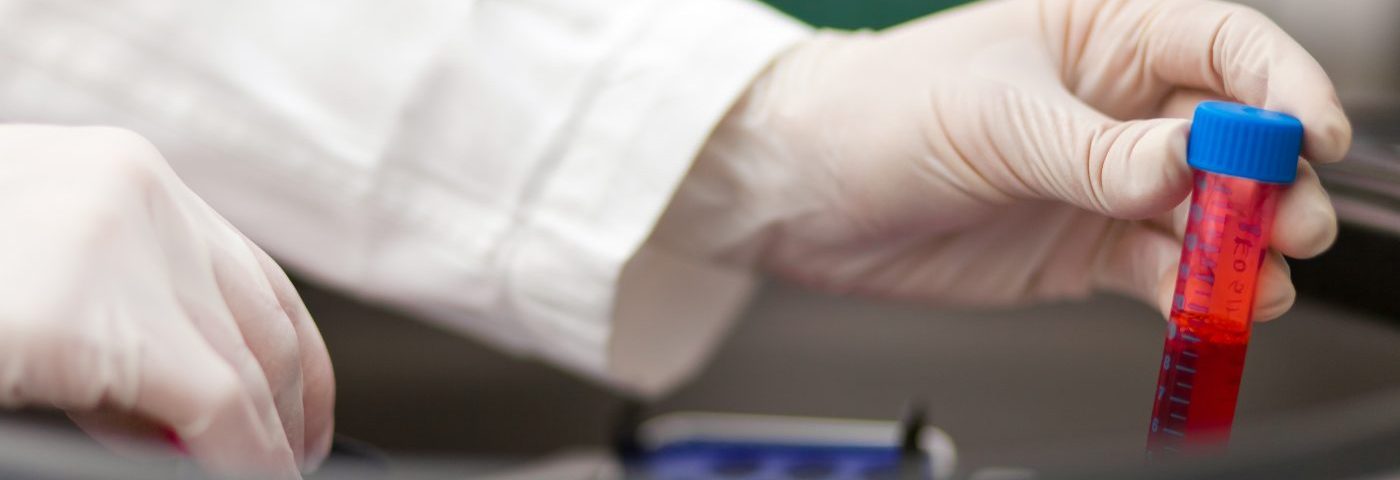A combination of oral Imbruvica (ibrutinib), intratumoral CpG, and local low-dose radiation stimulates the immune system to safely and effectively attack lymphoma cells, according to a new study.
The study, “Interim results of a Phase I/II trial of intratumoral CpG, local low-dose radiation, and oral ibrutinib in patients with low-grade B-cell lymphoma,” was presented at the 2019 American Association for Cancer Research Annual Meeting, held in Atlanta, Georgia, March 29-April 3.
In the past decade, scientists have been investigating the use of vaccines to treat cancer. These vaccines generate anti-tumor responses by triggering the activation of immune cells, which then attack cancer cells.
Recently, a group of researchers showed that the injection of intratumoral CpG (a type of immune system-stimulating agent) and low-dose radiation can help incite an anti-tumor response from the immune system and lead to a reduction in tumor volume in patients with low-grade lymphoma.
Imbruvica — developed by Pharmacyclics and Janssen, and approved for many lymphoma types — has also been shown to be effective for treating cancer by regulating the immune system. In fact, a study published in 2015 found that treatment using Imbruvica plus intratumoral CpG cured lymphoma in mouse models of the disease.
This led researchers to initiate a Phase 1/2 clinical trial (NCT02927964) testing a combination of 560 mg of oral Imbruvica, intratumoral CpG, and local low-dose radiation to treat patients with recurrent low-grade lymphoma.
To date, the researchers have completed the Phase 1 initial safety assessment phase and have met the safety criteria to move on to Phase 2.
Out of the 13 patients enrolled in the study so far — 12 with follicular lymphoma and one with marginal zone lymphoma — all have been evaluated to determine the treatment’s safety and 12 were assessed to determine the treatment’s efficacy.
So far, the side effects from this combination have been similar to those experienced by patients who received each individual treatment alone. Hence, there have been no novel adverse events reported, as well as no life-threatening events or deaths.
However, side effects did cause three patients to reduce their dose of Imbruvica or to discontinue its use.
Results indicated that half of patients responded to the combination therapy, with eight out of 12 experiencing at least a 30% reduction in tumor burden. Three patients experienced a more than 50% reduction in tumor burden.
Further analysis showed that the CpG injection modulated the immune system by affecting the balance of the different subtypes of T-cells — a type of immune cell that plays a vital role in fighting cancer.
Although CpG was injected in one lymphoma lesion, the researchers found that non-injected lesions also had changes in immune parameters, particularly an increase in T-cells able to fight the tumors.
“Thus, early data suggest that the combination of oral ibrutinib, intratumoral CpG, and local low-dose radiation is likely safe and effective in generating systemic antitumor immune responses and systemic tumor shrinkage,” the researchers concluded.


